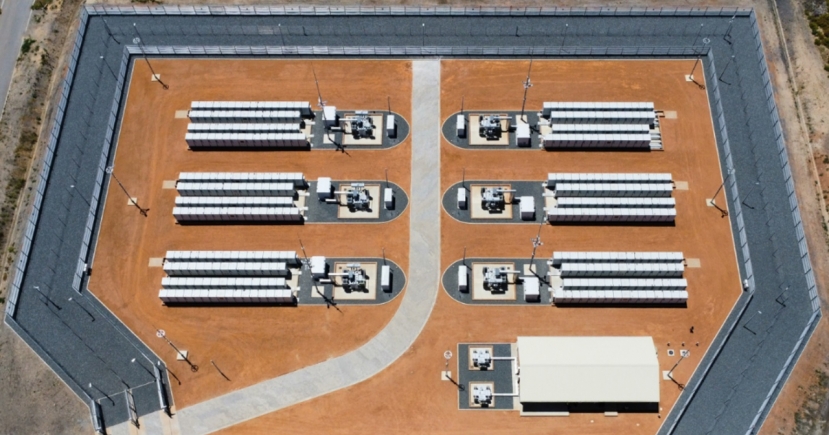Automobiles
How did Hyundai Motor end up becoming KT's largest shareholder?
 |
(Hyundai Motor Group) |
Hyundai Motor Group has become the largest shareholder of the nation's telecom giant, KT Corp. -- a rare move that is driving speculation about the carmaker's investment strategy and the possible impacts on KT's business direction.
The change came as the National Pension Service, previously the largest shareholder of KT, sold some 2.88 million shares on March 20, lowering its stake to 7.51 percent from 8.53 percent, the regulatory filing showed Tuesday.
This is the first time that the state-run pension fund has stepped down from its position as KT's largest shareholder since the merger between the mobile carrier and KTF, its wireless subsidiary, in 2009.
So far, Hyundai Motor Group's key affiliates, Hyundai Motor Co. and Hyundai Mobis, own a combined 7.89 percent stake in KT. They each hold stakes of 4.75 percent and 3.14 percent, respectively. Shinhan Financial Group is KT's third-largest shareholder with a 5.55 percent stake.
Following the update, attention has focused on whether Hyundai Motor will have the intention to control KT's management rights. However since KT is what is called a basic telecommunications business operator, which received government permission to provide telecom services, it must undergo government review when changing its largest shareholder. Government-designated basic telecommunications business operators must take into account the public interest, the stable provision of services and the impact on the industry nationally.
 |
“Hyundai Motor Group must go through a government review when announcing changes in the size of its stake, but since the change in Hyundai Motor's stake is not that large, if the stake ratio changes again before the public interest review and approval process by the Ministry of Science and ICT is completed, procedures for changing the largest shareholder may be unnecessary,” said Choi Min-ha, an analyst at Samsung Securities.
Previously, Japan's No. 1 mobile operator, NTT Docomo, which was KT’s second-largest shareholder, temporarily became its largest shareholder when the National Pension Service dumped their shares for a while. But as the state-run pension fund then purchased additional KT shares, it rose again to the position of largest shareholder soon after.
“It appears that the National Pension Service sold their shares to realize profits and there has been no special discussion between us and Hyundai Motor regarding any acquisition and affiliation deal,” a KT official told The Korea Herald. “We’ll continue to strengthen business cooperation with Hyundai Motor to maximize mutual benefits.”
Meanwhile, some market watchers expect Hyundai Motor to adjust its share ratio, as the recent change was made unexpectedly after the National Pension Service disposed of its stake.
“Considering the atmosphere of improving corporate value in the capital market, such as the corporate value-up program introduced by the government, there is a high possibility that Hyundai Motor will sell a portion of its shares, as becoming the largest shareholder of KT is burdensome in many ways,” a market expert said on condition of anonymity.
Under share swap deals made in September 2022, KT agreed to exchange its own 7.7 percent stake worth about 750 billion won ($540 million) with a 1.04 percent stake in Hyundai Motor and a 1.46 percent stake in Hyundai Mobis. These deals were to strengthen the partnership in the future mobility solutions business amid growing demand for electric and autonomous vehicles.
Recently, however, there has been a growing demand in the capital market to reduce such equity alliances and increase shareholder returns, including dividends. Last month, the Korean Corporate Governance Forum, which monitors transparency in business management, urged Hyundai Motor to sell its 5 percent stake in KT and return the resulting funds to shareholders.
Regarding the possibility of there being a plan to take KT over, a Hyundai Motor official rejected the idea and said, “We have no plans to increase or reduce our stake in KT for now, either way.”
By Jie Ye-eun (yeeun@heraldcorp.com)
The Korea Herald





![[Herald Interview] Mom’s Touch seeks to replicate success in Japan](http://res.heraldm.com/phpwas/restmb_idxmake.php?idx=151&simg=/content/image/2024/04/29/20240429050568_0.jpg)


